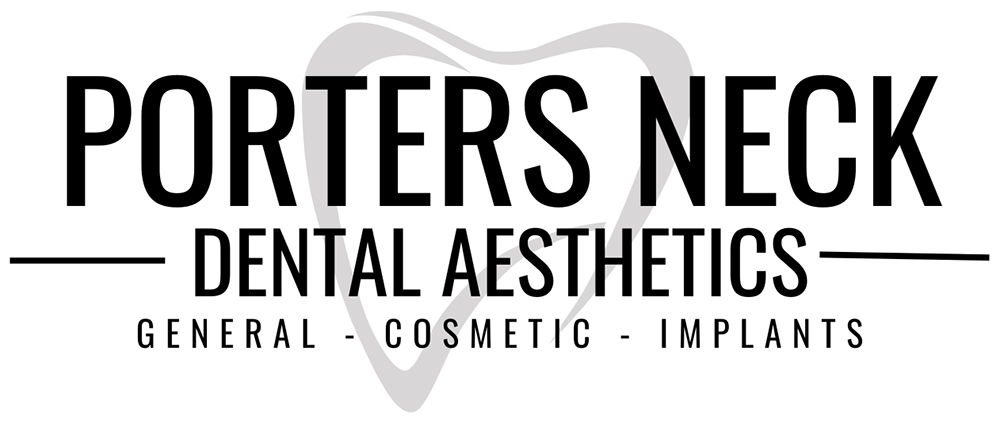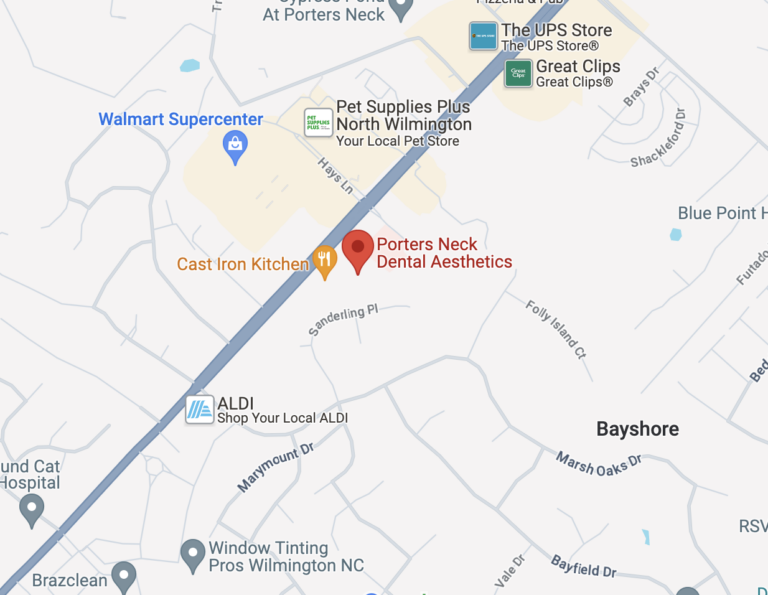Introduction to Different Types of Dentures
Dentures are a normal, everyday part of life for many people all over the world. In fact, we know they’ve been in use for thousands of years! The oldest record of denture use dates back to 700 BC in Northern Italy, and they were used throughout the years of the Roman Empire. So, if we’ve talked with you about dentures or you suspect you will need them, know that you’re not alone! Men and women have been wearing dentures through some of the most momentous events in history.
Did you know there are many different types of dentures? No matter how you lost your teeth, there’s a set of dentures that can help you look and feel normal again. The cosmetic benefits of dentures are obvious, but they also can help people eat and speak, which is why they’ve been so popular for so much of the world’s history. Here are some examples of the different types of dentures you and your dentist might decide to use, depending on your individual situation:
Full Dentures
When you hear the word “dentures”, you probably think of these. Full dentures are used to help a patient who’s lost most or all of their teeth. This type of denture needs to be custom-molded to your gums, so we may need to remove existing teeth if some are still left in place in your mouth. After your dentures are properly fitted, an adhesive is used to hold them in place over the course of each day. You’ll take them out and clean them every night.
Partial Dentures
Not every case of missing teeth is extreme enough to require a whole new set of dentures. When only certain portions of your teeth are missing, we may evaluate them together and consider a set of partial dentures. These not only help your teeth look natural but also keep your remaining teeth from slowly drifting out of place and becoming crooked. Partial dentures are made of (1) a pink artificial root that matches the color of your gums, (2) false teeth to replace the missing ones, and (3) sometimes a clip or wire to hold everything in place.
Implant Supported Dentures
If you want your new smile to have a more solid foundation, you might consider implant-supported dentures. This style of denture includes four implants — titanium posts that fuse to your jawbone — which allow you to snap the dentures in and easily take them out for cleaning. The process of fitting and preparing implant-supported dentures is more involved than fitting a set of traditional dentures, but the result is very convenient. This type of denture does not require the use of adhesive.
Our Goal is Your Beautiful Smile
We can help you find the right type of dentures for you, no matter what your situation. Modern dentures are more comfortable, convenient, and realistic than ever before — the result of more than two thousand years of innovation! If you believe dentures might be a right fit for you, give us a call at 910-686-6578. We’ll be happy to talk with you about the different types of dentures and what the fitting will entail, so we can get your smile to look the way you want it to.
What Issues Can SureSmile® Fix?
SureSmile® revolutionized the way people look at orthodontic treatment. The clear aligner system from SureSmile® made it possible for people to discreetly improve their smiles. While SureSmile® allows people to love the appearance of their smile and avoids many of the discomforts of braces throughout the process, there should be more to consider when choosing orthodontic treatment. You should consider which treatment option will best treat your individual situation. While you should speak with your dentist before making your final decision, we have included issues that SureSmile® can effectively treat.
Crooked Teeth
SureSmile® is very effective at treating crooked teeth. Clear aligners offer a great solution for people to align their teeth and love their smiles.
Overbite & Underbite
SureSmile® can be used to treat both an overbite and an underbite. An overbite is when the top front teeth extend beyond the bottom of your bottom front teeth. An underbite is when the lower jaw rests in front of the top jaw when the mouth is closed. SureSmile® can be used to move either the top or bottom teeth into the right place so that they align properly with the mouth closed.
Crossbite
A crossbite occurs when teeth don’t line up properly with the mouth closed. This could be the top teeth in the back of your mouth resting inside your bottom teeth or one or more of your top front teeth resting behind your bottom front teeth. SureSmile® can move teeth into the proper positions and treat a crossbite.
Gaps in Teeth & Crowded Teeth
These opposite issues can both be treated by SureSmile®. Gaps in teeth occur when there are large spaces between teeth. Crowded teeth happen when there is not enough room in the jaw for all of the teeth, often causing them to overlap or twist. Crowded teeth can make it easy for food to get stuck or plaque to build up, and should be addressed to keep optimal oral health.
Limitations of SureSmile®
While SureSmile® is an excellent option for many orthodontic issues, it does have its limitations. There are times when it may be best to go with braces. For severe orthodontic issues and intrusion and extrusion, braces often offer the force that is needed. It’s also important to note that SureSmile® continues to get better and better. We can now treat more complex orthodontic situations than we could even a few years ago. If you think SureSmile® is the right treatment option for you, contact our Wilmington office at 910-686-6578.

